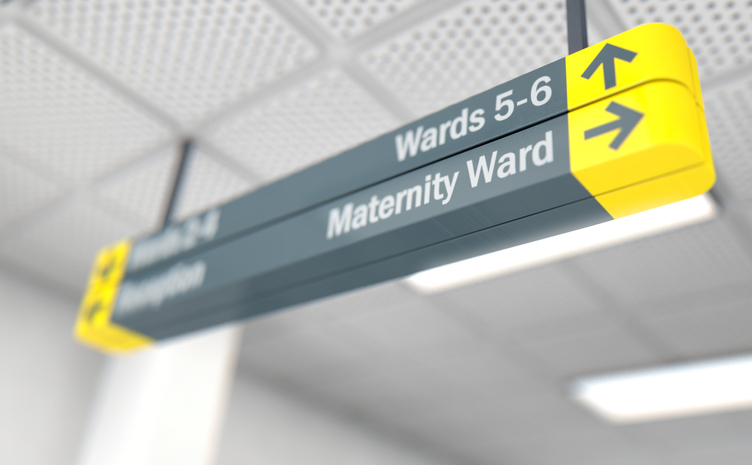
Exploring cultural reforms to help improve health outcomes for Aboriginal mothers and their babies is the focus of new research from Flinders University and the Women's and Children's Health Network.
The research is shining a light on the healthcare challenges facing pregnant Aboriginal women during the antenatal period through to their infants' first three years of life and calls for strategies to transform existing services by providing appropriate and culturally sensitive care.
Published in the journal of Health Research Policy and Systems, the study by lead researcher Dr Nina Sivertsen in the College of Nursing and Health Sciences, is calling for transformative policies which improve outcomes for expectant Aboriginal mums by embedding culturally appropriate and safe care in the SA healthcare system.
Dr Sivertsen, co-authors Professor Julian Grant from Charles Sturt University and Janiene Deverix Manager, Aboriginal Health Strategic Operations (Community) from The Women's Children's Health Network, examined the perspectives of 52 current health workers by setting up focus groups with Cultural Child and Family Support Consultants (ACCFSCs) and health care staff.
"Aboriginal women and their infants experience significant disadvantage in health outcomes compared to their non-Aboriginal counterparts. This is partly because of a deep mistrust in Australia's a 'one-size fits all' approach in the health care system, and we know this does not work," says Dr Sivertsen.
"Access to timely, effective, and appropriate maternal and child health care can contribute to reducing these existing health disparities. Our research sought to explore factors that contribute to important continuity of care for Aboriginal women and their infants living in South Australia."
"Participants in our study have outlined that tacking on new bits and pieces to existing models of care won't establish a safe system that invites Aboriginal families into an effective cultural partnership. We have a system that overarches individual relationships and services, but participants want Aboriginal community and family values to form the system at it's very core."

Three key challenges emerged during the interviews which need to be addressed: the system taking priority, culture not being central in approaches to care, and midwives wanting to be allowed to undertake their work in different ways.
Dr Sivertsen says although many health care professionals felt powerless to instigate changes in the system, some nurses and midwives focused on minimising these power imbalances by focusing on the development of positive relationships with their patients.
"Cultural safety must be taken seriously by health services and not just by ticking a box when attending a workshop. Nurses and midwives need to develop insights into their own practice and its impact and future recommendations should improve culturally safe practices and models of care across the system."
Co-author Professor Julian Grant from Charles Sturt University says mainstream health services are meant for everybody.
"That means they must be acceptable and welcoming for everybody. Aboriginal families have had generations of being actively excluded from mainstream health and care. it's time to put cultural care in the centre. That way everybody wins."
Dr Sivertsen says reforms in the healthcare system can address cultural challenges and ensure continuity of care for Indigenous mums by supporting effective midwifery services during antenatal, labour, birthing and post-natal care of infants.
"Our findings will inform and guide future changes to improve continuity of care for Aboriginal families and infants in the first 1000 days of their life."
'A call for culture‑centred care: exploring health workers' perspectives of positive care experiences and culturally responsive care provision to Aboriginal women and their infants in mainstream health in South Australia' (2022) by Nina Sivertsen, Janiene Deverix, Carolyn Gregoric and Julian Grant has been published in Health Research Policy and Systems.






